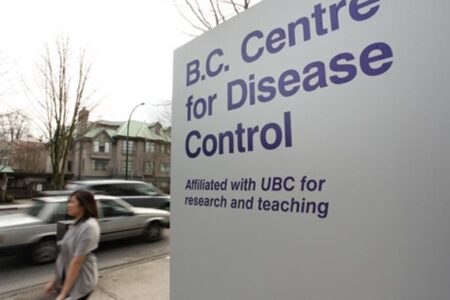BC's poverty rate still highest in Canada: First Call
British Columbia’s child poverty rate rose to 12 per cent in 2009 in the wake of the international economic downturn, Statistics Canada reported recently — it was the highest child poverty rate of any province for the eighth year in a row.
The BC rate also remained higher than the national child poverty rate of 9.5 per cent in 2009, and has been higher than the national rate for a decade.
Meanwhile, the poverty rate for persons of all ages in BC also rose to 12 per cent. It was the highest overall poverty rate of any province for the 11th consecutive year.
An analysis by First Call: the BC Child and Youth Advocacy Coalition showed an increase in the child poverty rate from 10.4 per cent in 2008 to 12 per cent in 2009. The number of poor BC children rose from 87,000 in 2008 to 100,000 in 2009.
For all persons, the BC poverty rate rose from 11.4 per cent in 2008 to 12 per cent in 2009, and the number of poor persons rose from 494,000 to 528,000.
“Both the BC Liberal Party and the BC New Democratic Party have promised to reduce poverty in British Columbia,” said First Call provincial coordinator Adrienne Montani. “This is an issue that transcends partisan politics. We’re looking for real efforts from both sides to work together to enact an anti-poverty program.”
British Columbia had the highest child poverty rate of any province for the years 2002 through 2009, as measured by Statistics Canada’s low income cut-offs after income taxes.
The child poverty rate in 2009 for children living in two-parent families was 10.9 percent, and the number of poor children was 74,000. The rate for children living with lone-parent mothers fell to a record low 16.2 per cent.
Statistics Canada did not estimate the number of poor children living with lone-parent mothers because of the small sample size.
The poor showing by British Columbia reflected a worsening of economic conditions between 2008 and 2009. The unemployment rate in BC rose from an average of 4.6 percent in 2008 to 7.7 percent in 2009. The number of persons receiving welfare rose by 16 percent in the same two years.
First Call is a non-partisan coalition of provincial and regional organizations and individuals focused on promoting children’s rights and improving the well-being of BC’s children and youth.



























Comments